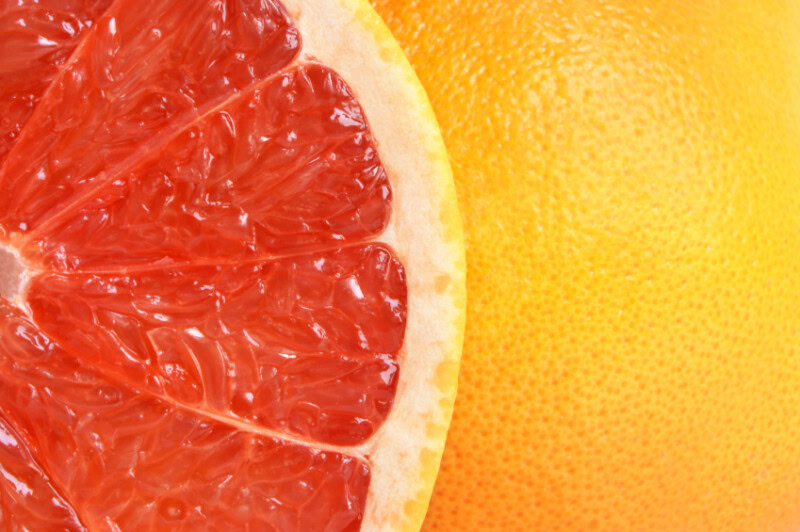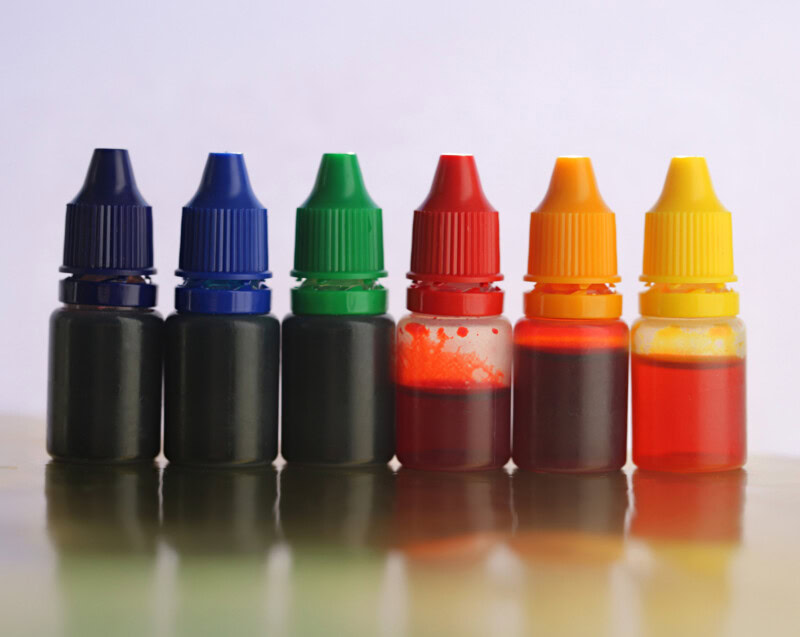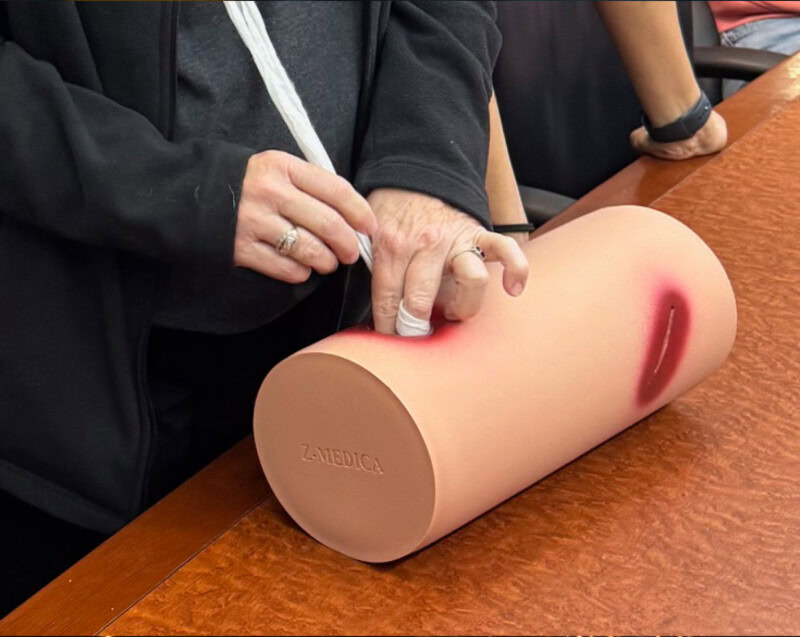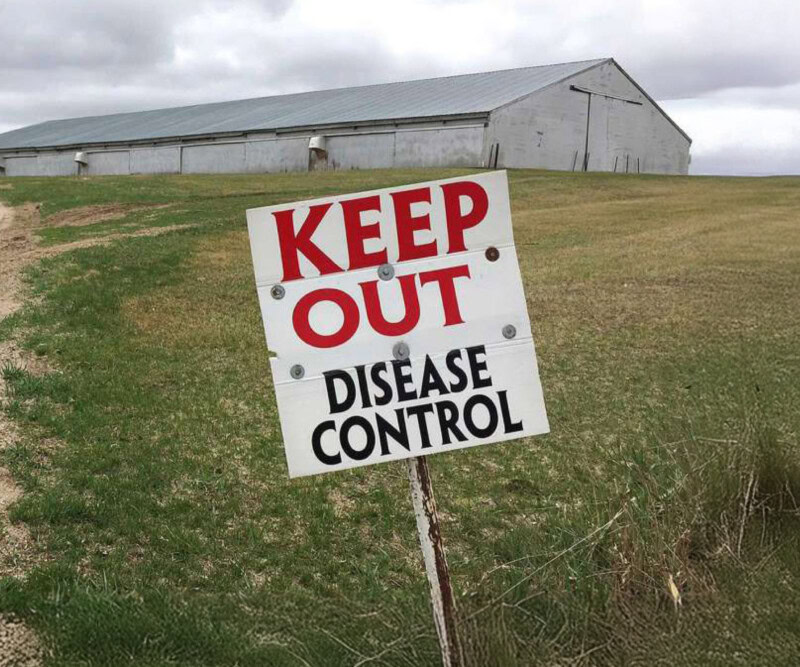Whether you’re taking prescription or over-the-counter medicine, it’s important to always follow the information on the label and directions from your health care provider. If instructions aren’t followed properly, active ingredients in your medicines can mix with food, alcohol or caffeine. These food and drug interactions can then cause greater side effects, entirely new side effects or prevent the medicine from working altogether.
So, how do you know if your medicine interacts with a certain food or drink? This week on Inside CTEH, we’re highlighting a few of the most common food and drug interactions:
•Alcohol: Alcohol can interact with a variety of medicines, such as antihistamines (increased drowsiness), pain and fever reducers (liver damage), non-steroidal anti-inflammatory drugs (stomach bleeding), statins (liver damage), anti-anxiety medicine (drowsiness) and others. Full list here: http://1.usa.gov/1nmkQIG
•Caffeine: You should always be careful when drinking caffeinated drinks with medicines. Caffeine can impact drugs’ effects, including nervousness and rapid heart beat with asthma medicine; heart issues with ephedrine; and jitteriness and headaches with antibiotics.
•Grapefruit juice: Grapefruit juice is known to interact with most types of prescription and over the counter medicine. It can cause your body to metabolize medicine abnormally—resulting in higher or lower levels of drugs in your system. A few examples of grapefruit’s negative reactions include antihistamines, blood pressure medicine and birth control.
•Tyramine-rich food: Food rich in tyramine, such as aged and mature cheese, chocolate and hot dogs, can cause sudden increases in blood pressure. Tyramine can also negatively interact with drugs, including antidepressants, Parkinson’s Disease medication and oxazolidinone antibacterials.
•Vegetables: If taken in large amounts, vegetables high in vitamin K like kale and spinach can affect the effectiveness or safety of warfarin. This medicine, which prevents blood clots from forming, can also be impacted if there’s a sudden change in the amount of leafy green vegetables consumed. Please note that soy and high-protein diets can also decrease warfarin’s ability to prevent clotting.
For a more comprehensive list of food and drug interactions, we hope you will download the National Consumer League and U.S. Food and Drug Administration’s guide here: http://1.usa.gov/1nmkQIG




